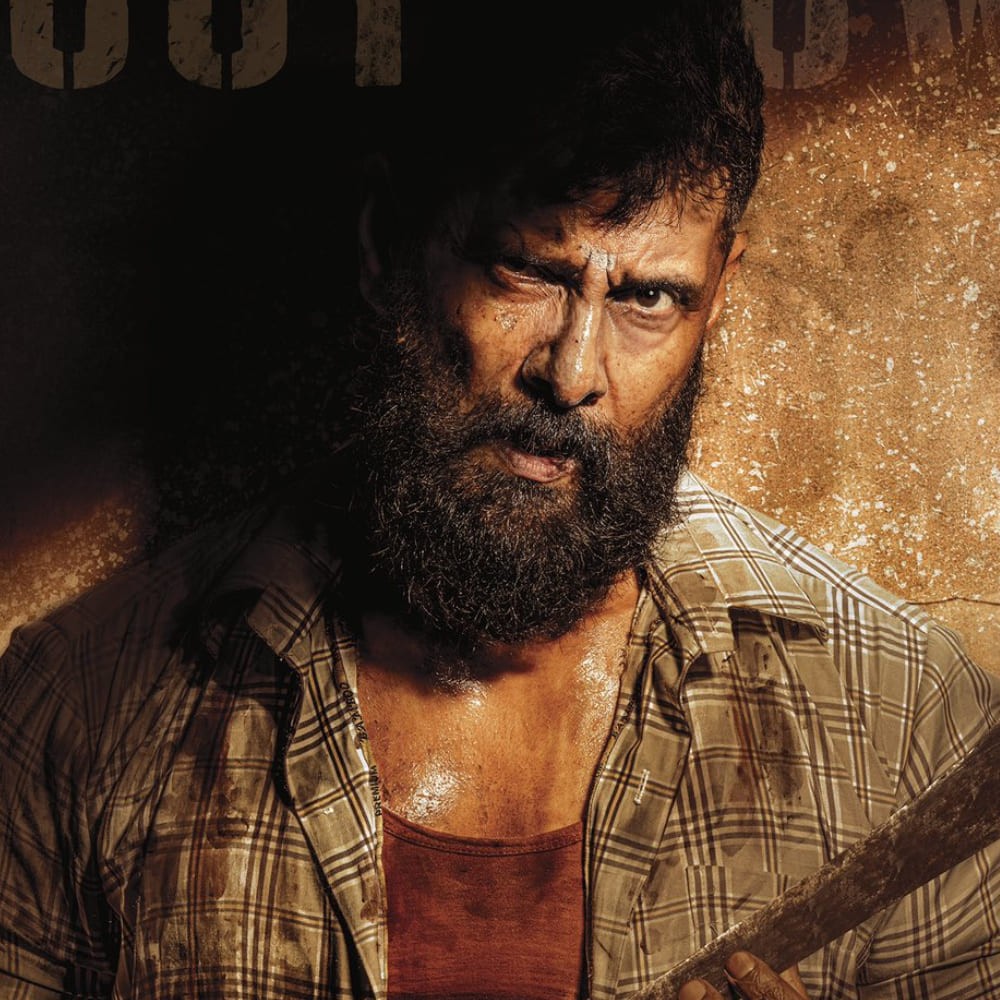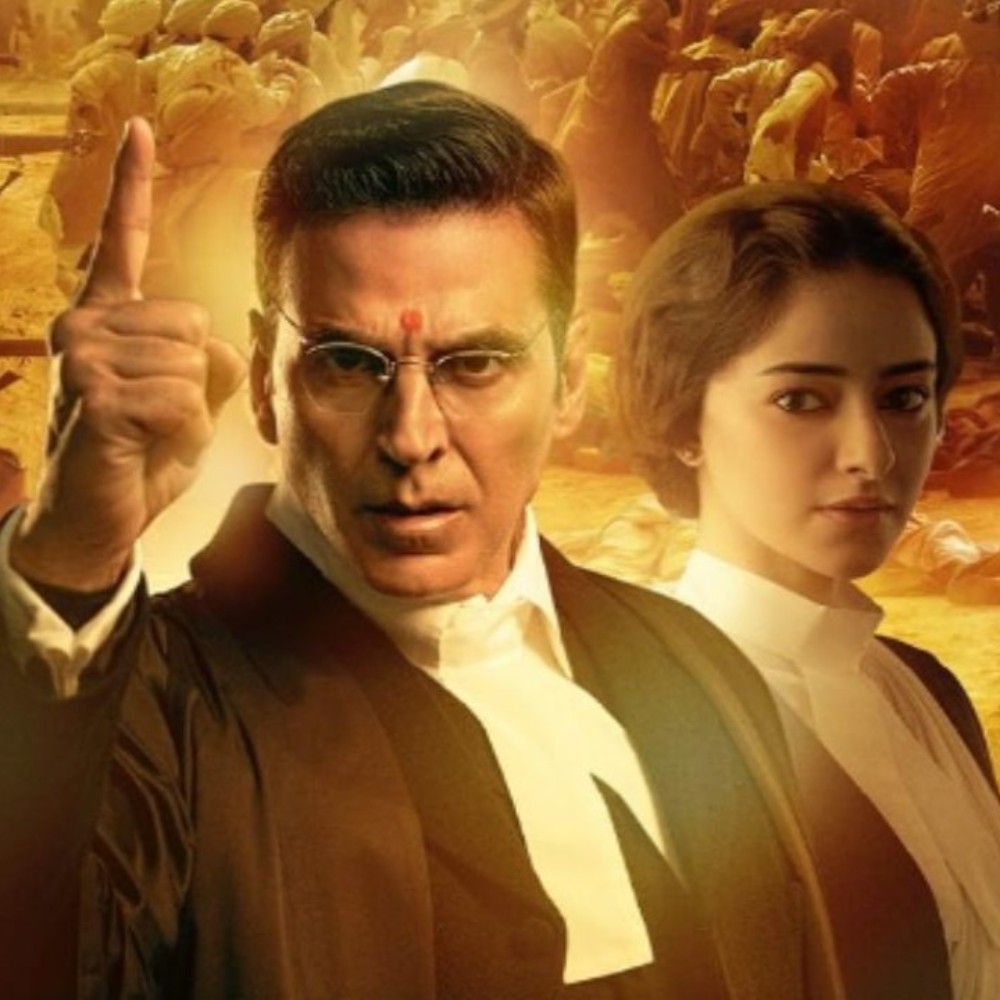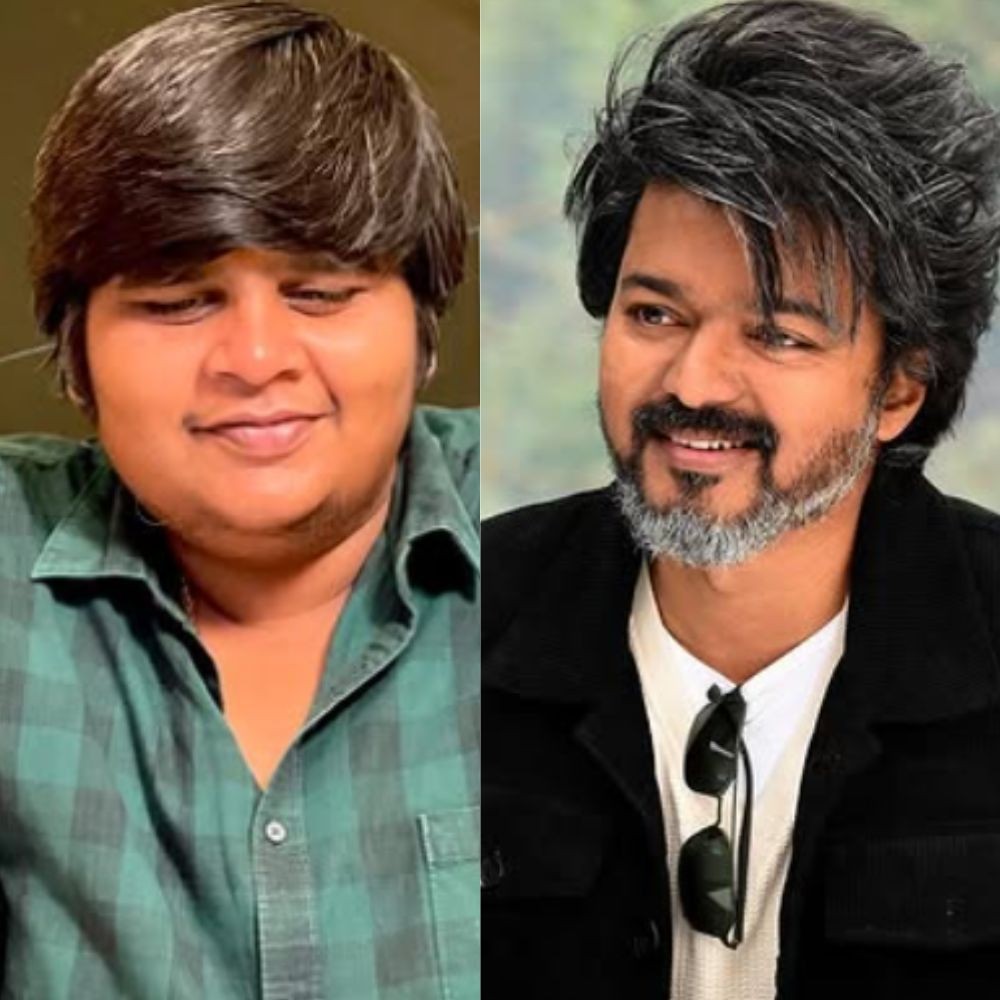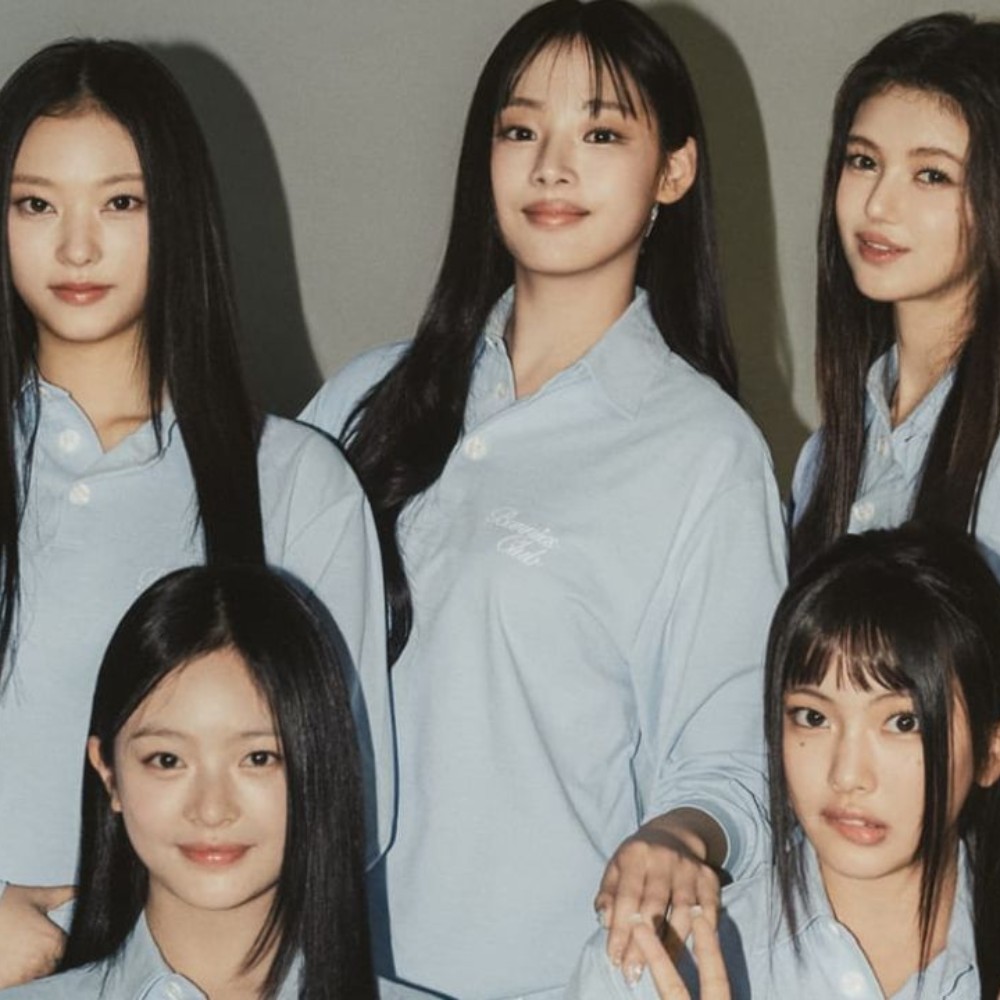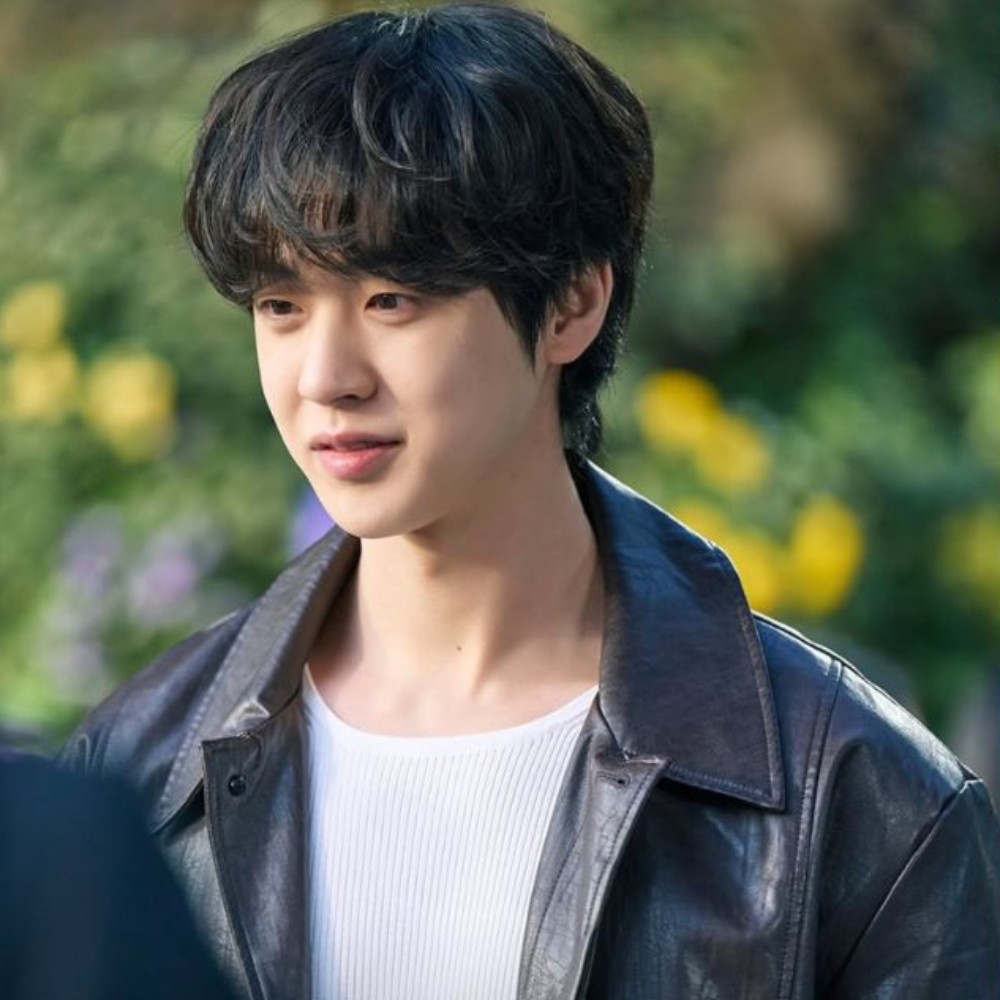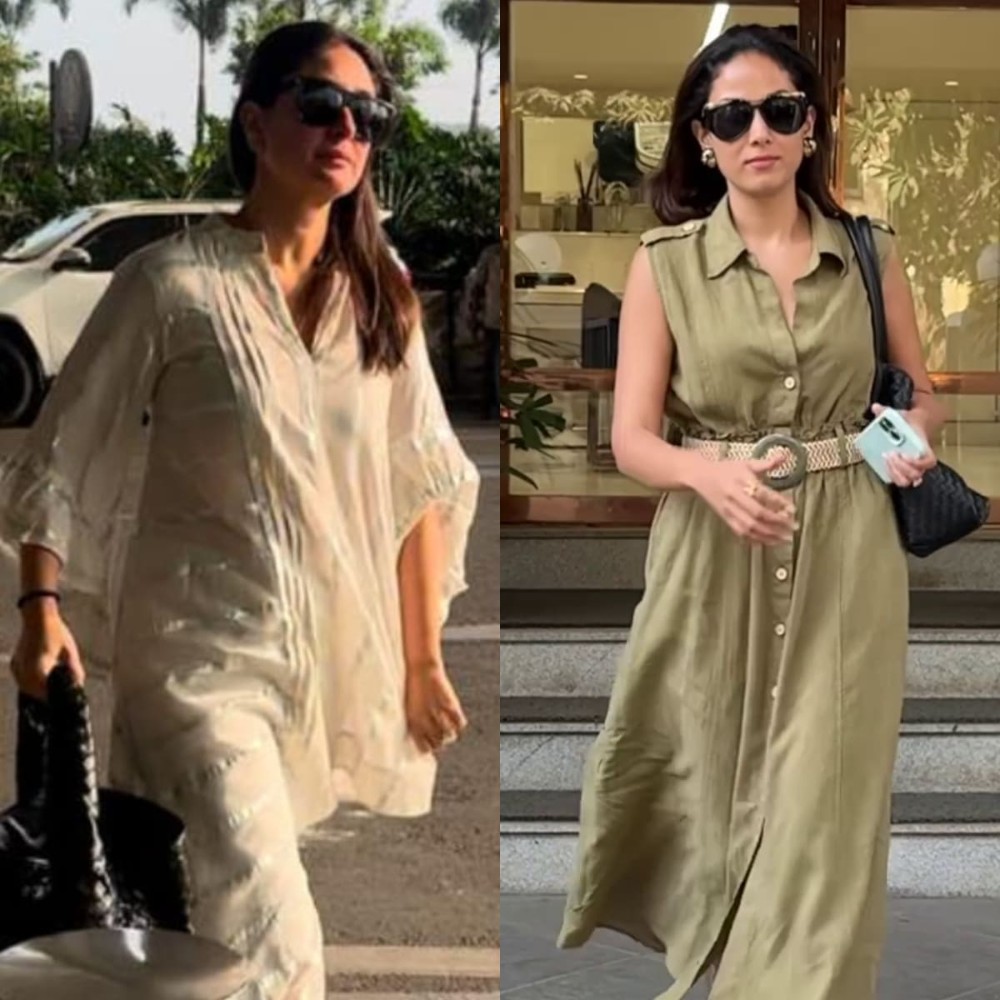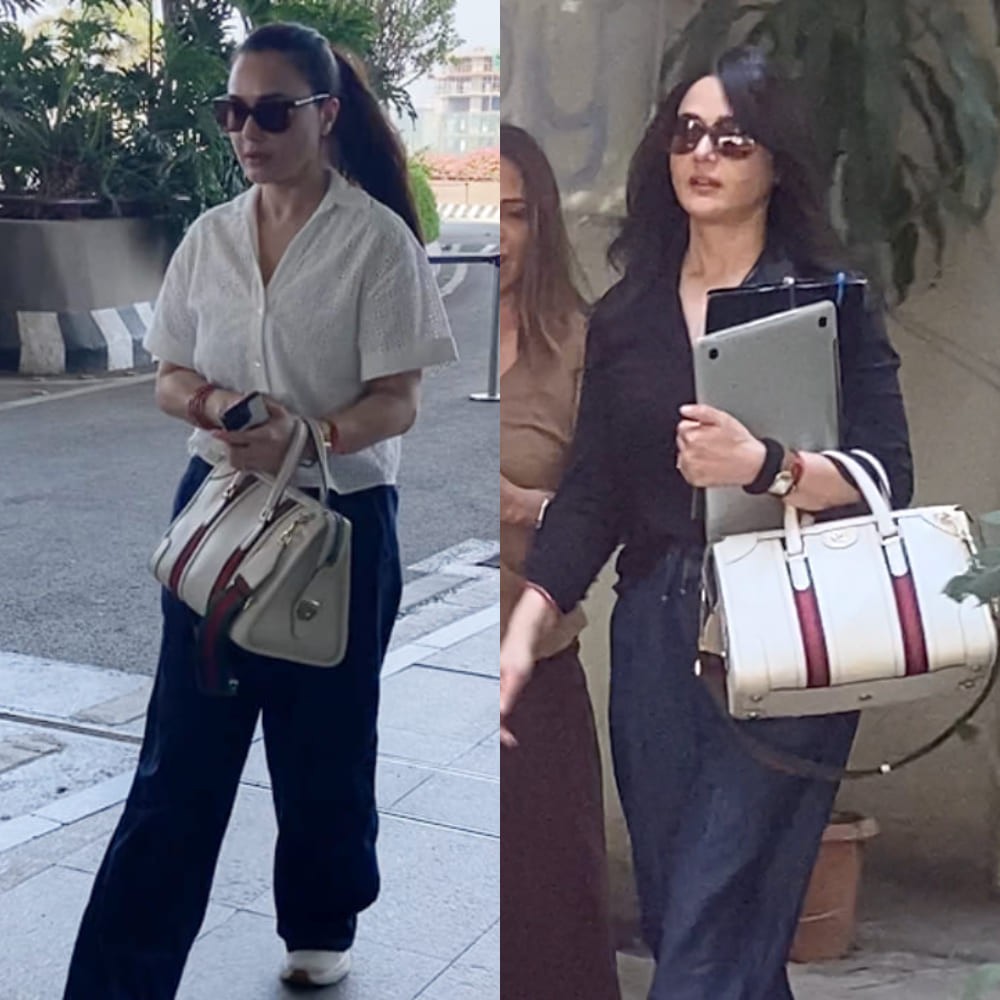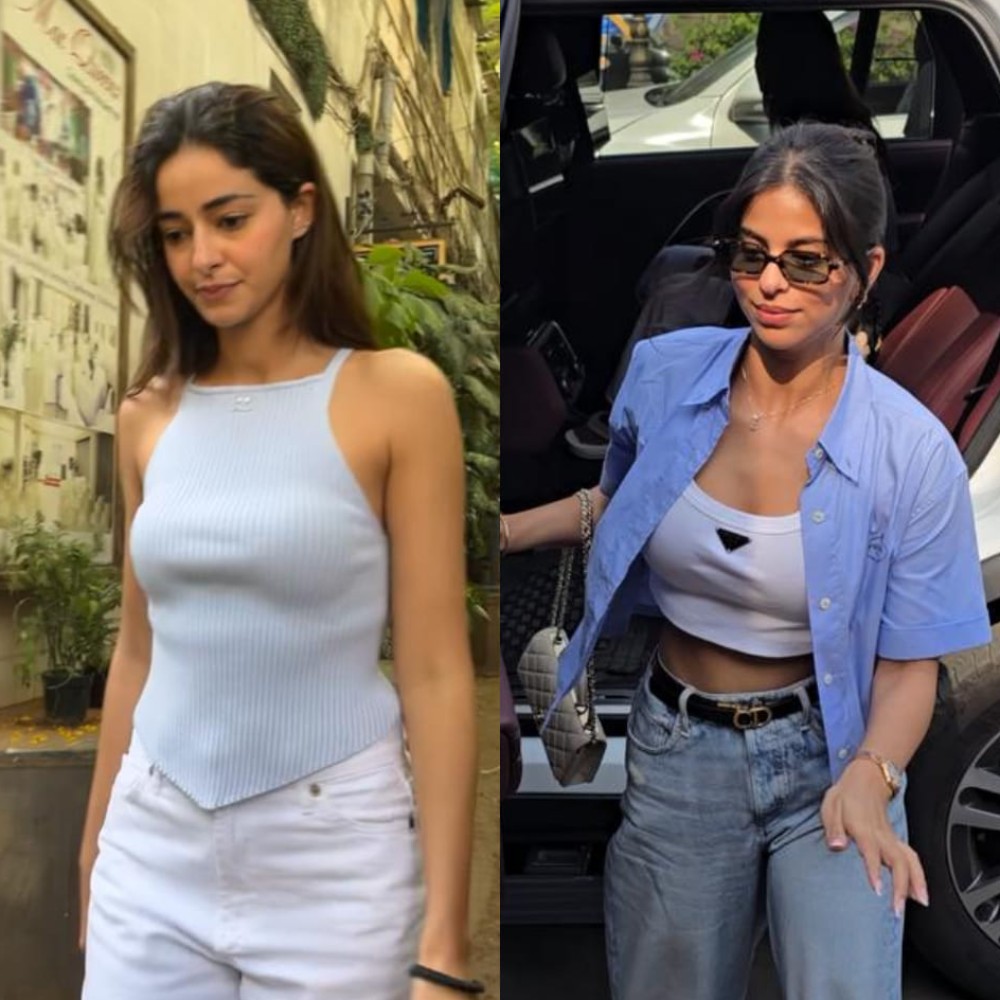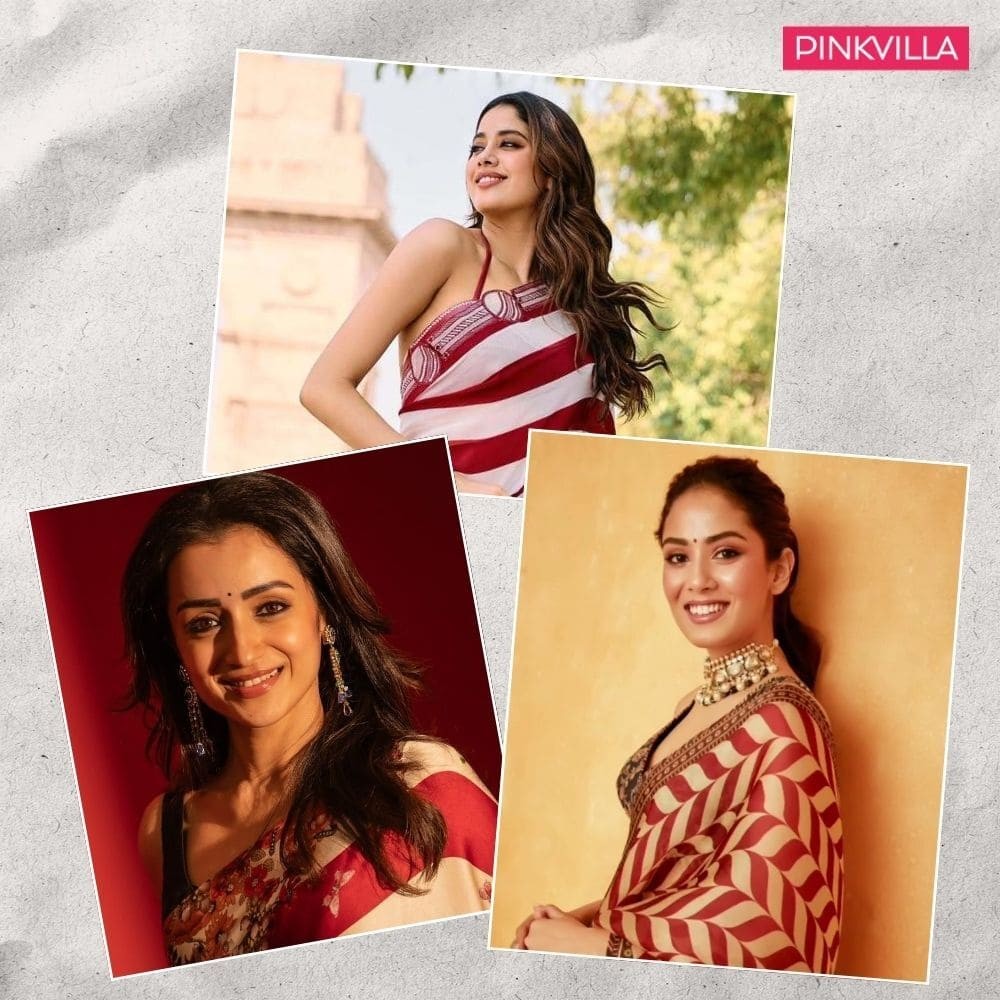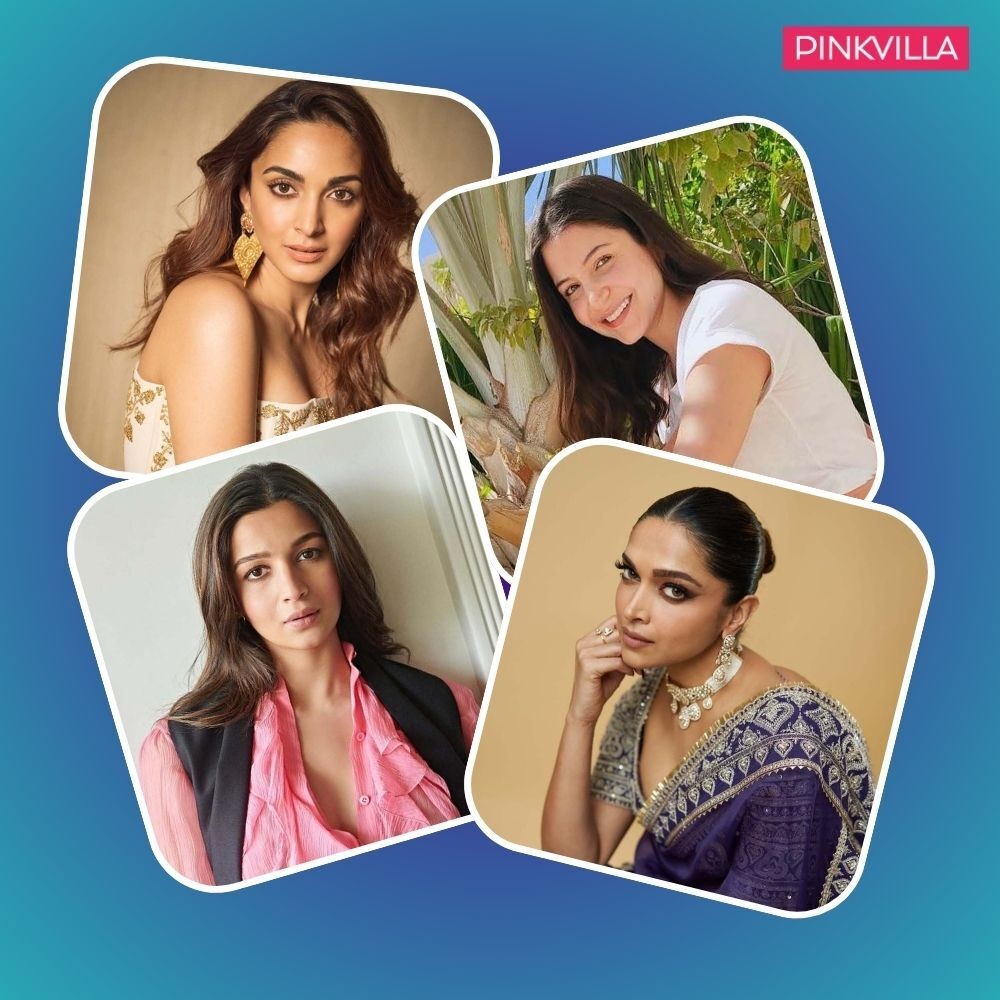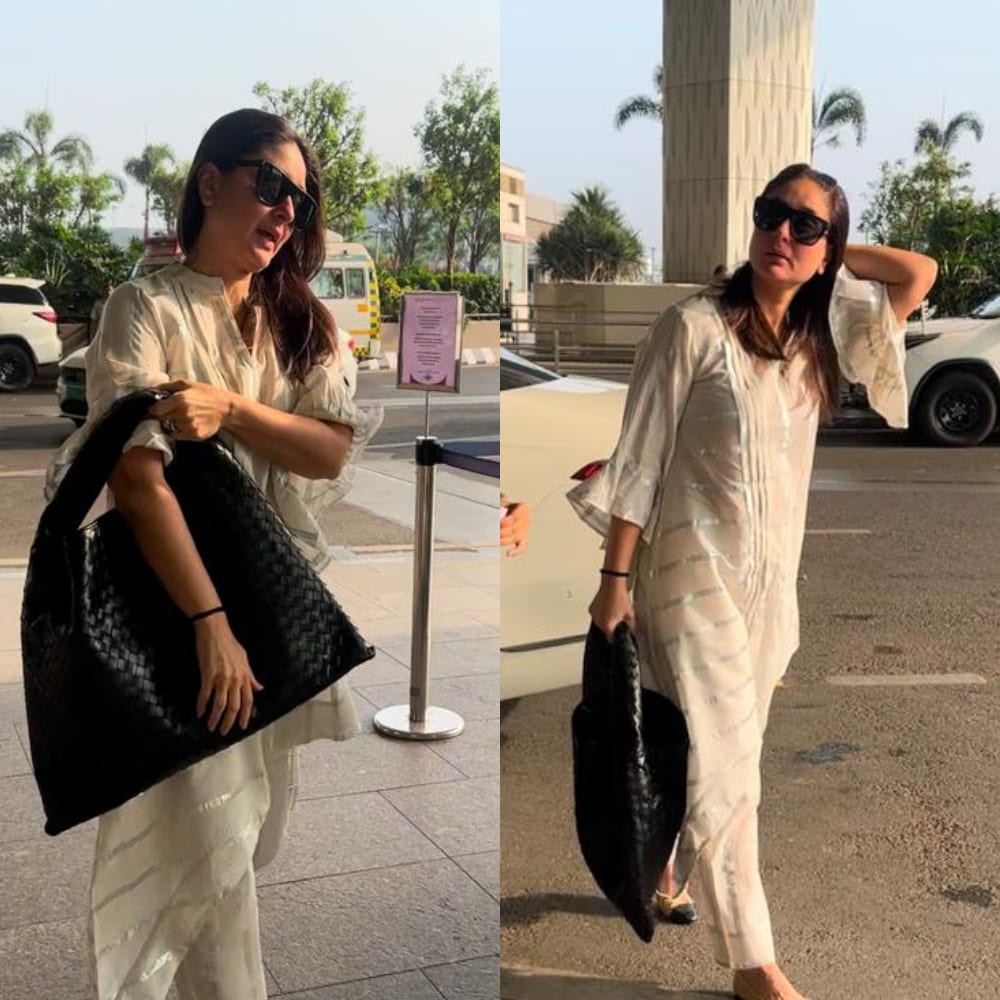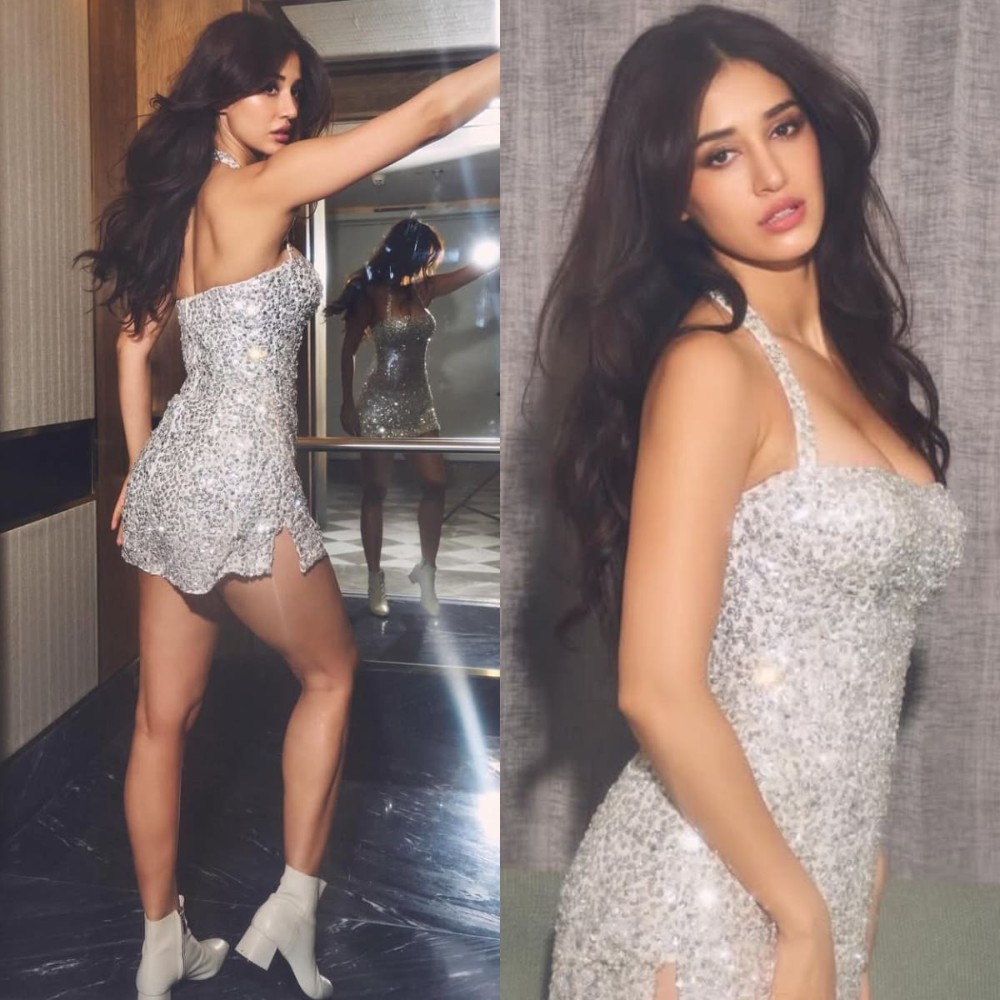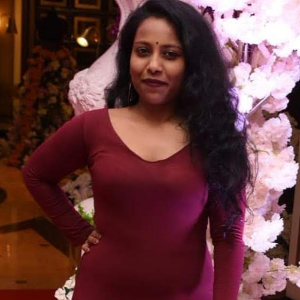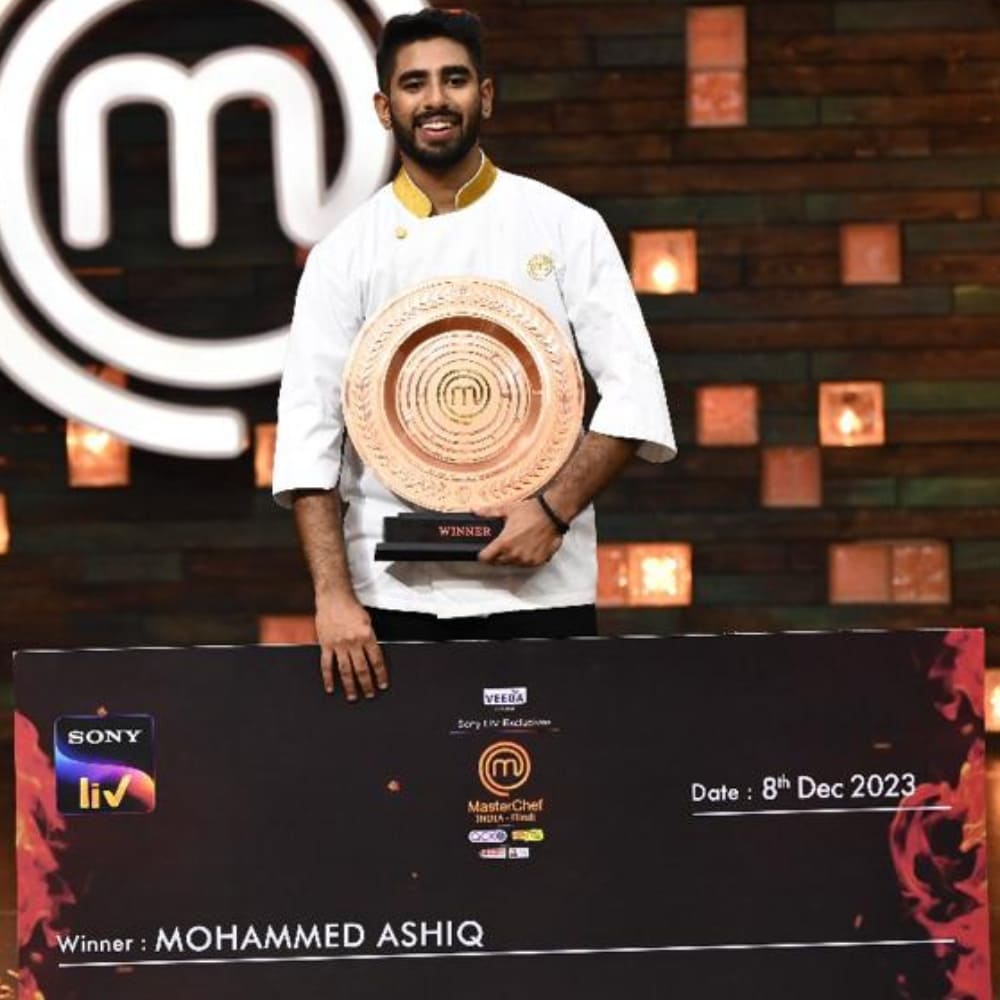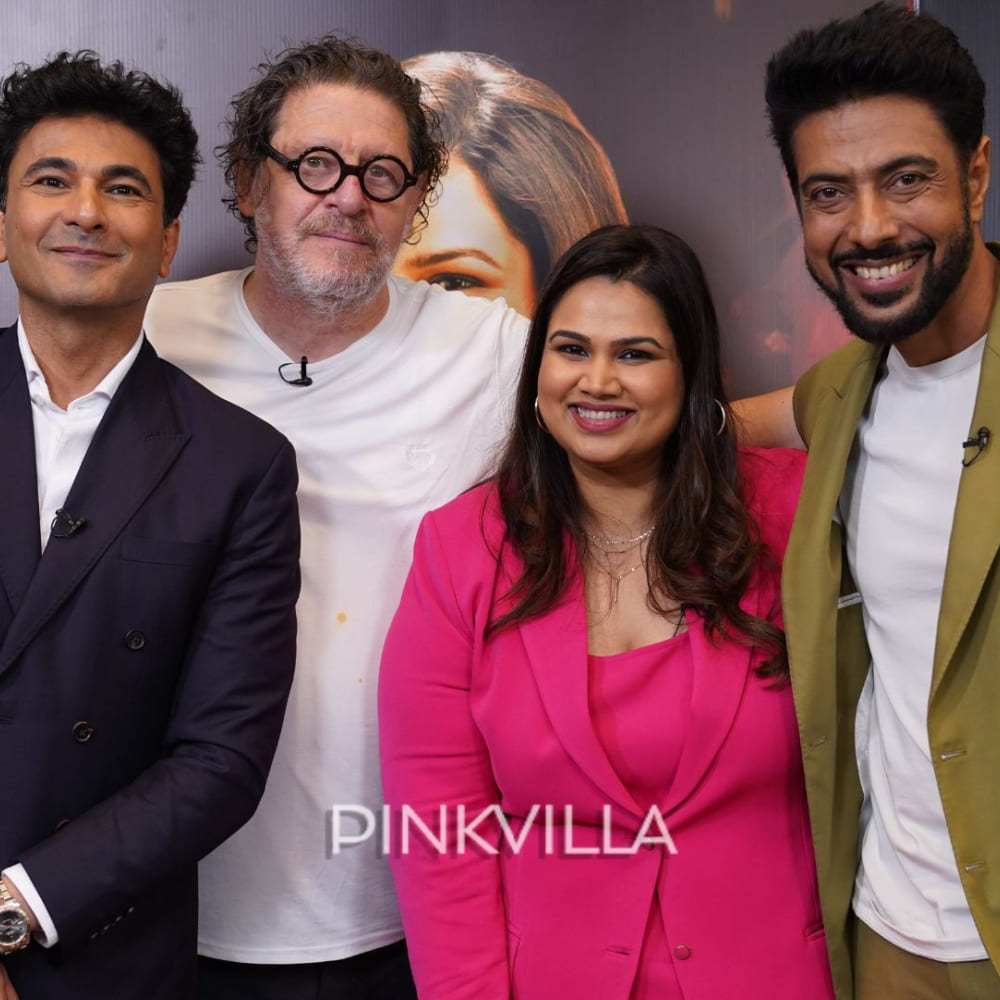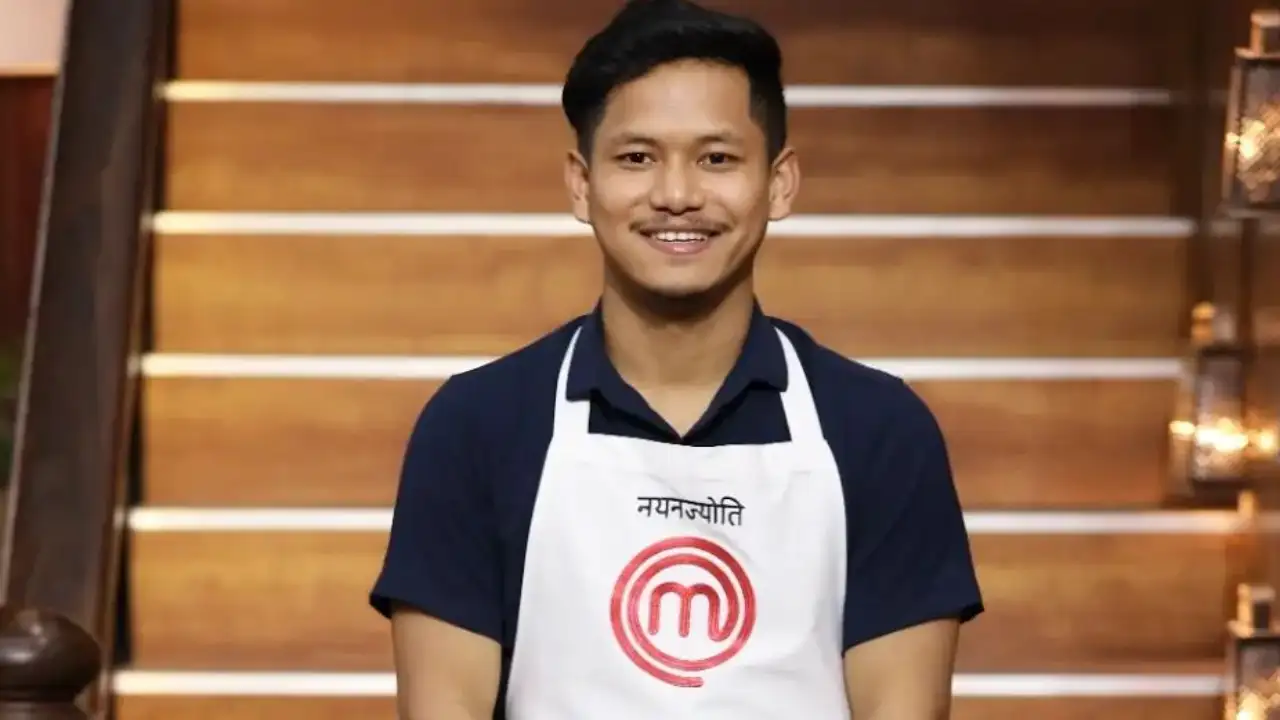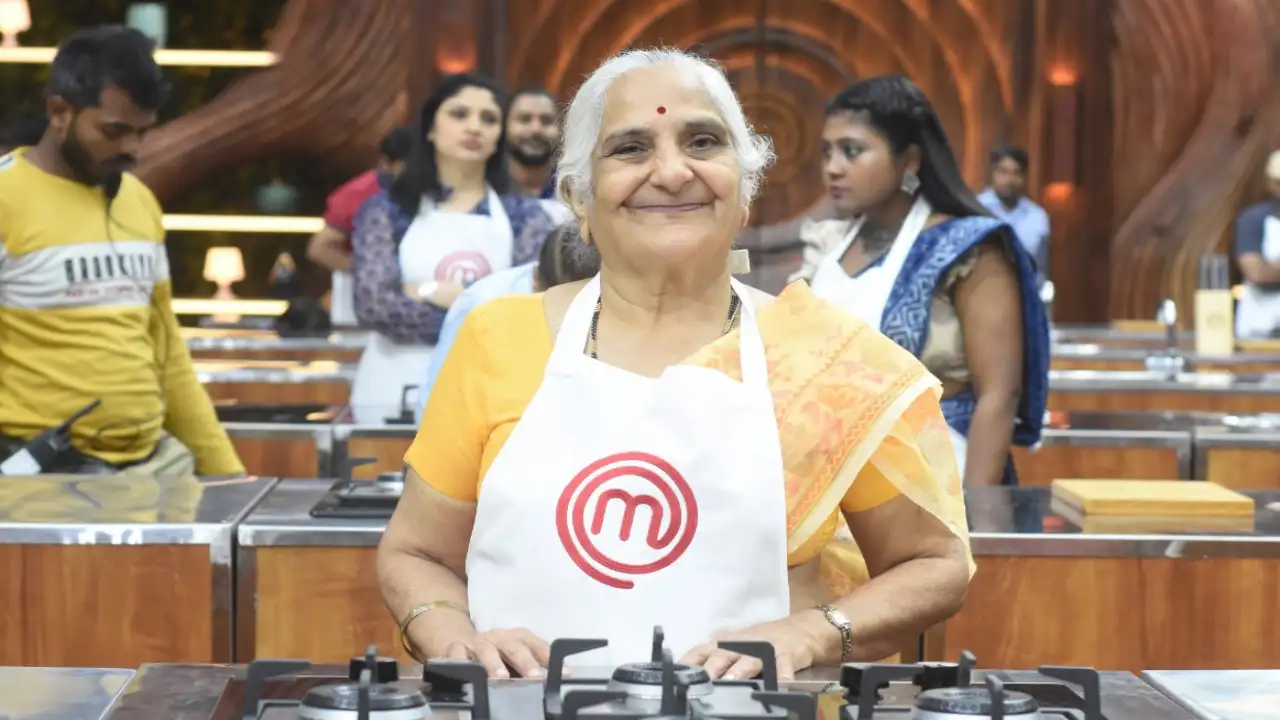MasterChef India Season 7 EXCLUSIVE: Judge Vikas Khanna says social media increased challenges for new chefs
Read this exclusive interview of MasterChef India Season 7 judge and Michelin Chef Vikas Khanna to understand how the food industry has changed in recent times.
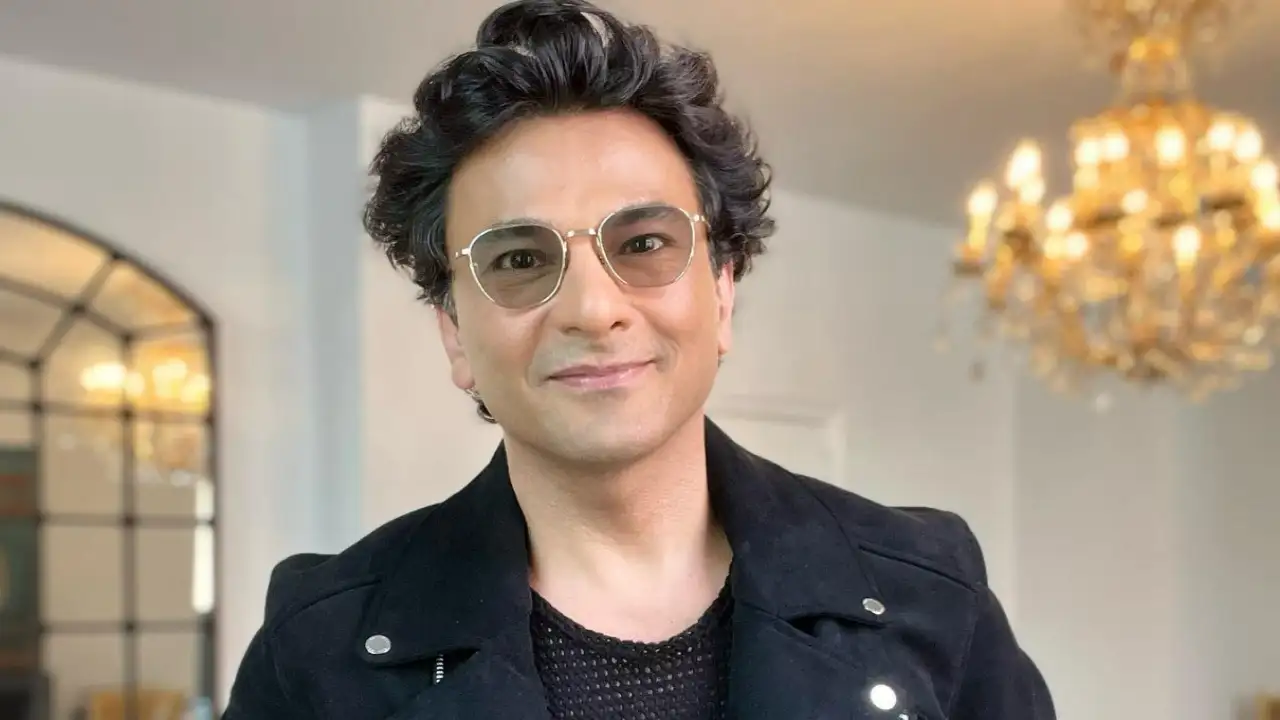
MasterChef India Season 7 went on air on January 2, and has received an amazing response from the audience. With celebrated chefs Vikas Khanna, Garima Arora, and Ranveer Brar as the judges, and 36 contestants battling it out in the kitchen, it is one of the most-loved non-fiction shows. Before the show went on air, Pinkvilla got an opportunity to interact with Michelin chef Vikas Khanna (51), who gave an in-depth response about food, the cultural changes, and how social media has changed the game of the cooking industry. Following are the excerpts from the interview:
You have been associated with Master Chef for the past several years. How would you describe your association with this show? Is it like a homecoming for you?
I have been associated with Master Chef for almost 13 years and I am extremely proud of this season too. I feel this isn’t a show but a revolution of the hospitality industry. It’s an evolution of Indian Chefs and Indian food all over the world. For me, it’s a homecoming because I come to tape this show. It’s also the time I get to be with my mother and explore the new projects here, get my research done and my exploring continues non-stop and I keep writing new books during this time. For me, it’s also a therapy because I am back in my country for this. My mother is the most excited when the show is coming because she has to party with all the relatives and plan it accordingly while they watch the show. For me, that is the biggest gratification that my mom just sits there and she’s the centre of the whole thing. There cannot be a bigger gift that I can give her and she’s a proud mom.
What is the newness that you plan on bringing along with you to this season of MasterChef India?
There’s always a new exploration of food and culture but at this time, I think the most important thing we have observed is the influence of the pandemic over the last two and a half years, and how that has changed Indian cooking and chefs. You won’t believe, when we are travelling and it has been so surprising that the two years of pandemic have changed our people’s thoughts about food. People not only found comfort in cooking but they also felt that this was an emotion for them and this is the way they shared their happiness, loneliness, their fears, and food was something that was the constant source of happiness and connectivity for them. People were connecting through food on social media and that got them through such dark times. So, a new place has been created for food and people experimented a lot because of the influence, which I feel is totally important.
When it comes to reviewing food, what is that one thing that's really essential for you?
Reviewing food is very subjective and I do feel that many times three chefs have different opinions about the dish because we all have our own takeaways from the dish but at the same time, it is also very important for us in constantly understanding that food is a form of art, it’s not science. Of course, it’s science but for us it’s art because everybody cooks the same dish but differently. So, it becomes difficult to critique because every dish has its own personality. You can’t be too harsh because these are home cooks and not professional chefs, and we need to build them up, teach them, train them. We also need to find a way that they represent our country to the world. A Master Chef winner is not just for India. They get global opportunities worldwide and we want to make sure that they are set up for that success. When we are reviewing a dish, it’s not much to dissect a dish and break them down but it is also to educate them and give them alternatives as to how one thing can be made differently, and for me, that’s very important.
Reviewing the dishes prepared by chefs from across states, also gives you an insight into their culture. Has that been a learning experience for you, and do you add those elements to your signature dishes?
I figured out that food is a program. When we look at cooking, from the very childhood we are programmed to understand flavours differently. When we are fed at home or around our cities that we grow up in they become a part of your palette. Palette is a big part of our culture and what might taste delicious to you, might not appeal to me. So, it is also the balance where they come from.
You are based in New York City and which is that one food you really crave back there?
My comfort food even today is a bagel in the morning, it’s on the run and New York Bagels are world famous. With smoked salmon, peppers and sour cream, cream cheese, I am absolutely a fan and especially from a Jewish Deli, you know you’ll get the best bagel in the mornings.
What's your guilty food pleasure?
I am still not a sweets person. I eat sweets very less. So, even a small bite would be a guilty pleasure for me. I love homemade barfi and that is my secret craving. Besides that, a bite of chocolate is always a big treat for me. I am overly self-conscious and I don’t indulge in sweets.
How do you manage to not hurt the sentiments of the chef and still be critical?
When we are reviewing their food, we have to make sure that we are not hurting their sentiments because we are not judging them for that dish. I feel that it is very important to separate yourself and you have to be critical because you want them to improve and be successful but at the same time, a broken spirit sometimes gets demoralised. I am not the chef who will be throwing around the plates in the kitchen. I have figured out over the last 37 years of cooking that there are two ways to improve your cooking. First, you cook and show them that this is how it is done or the creative criticism. In Masterchef format, you choose the creative criticism where you tell them that this dish could be made like this, you have to think about the balance and flavours and textures, which is primary to any dish we create.
In today's times, everyone claims their products to be healthy. Which are the items that are wonderfully healthy and easily available in our Indian kitchens?
We have this Americanisation in our heads that packaged foods are healthy. I think what our ancestors ate was healthier by any parameters. They all lived such a happy life till the end. That is the big testimony for the cuisine or the diet they had. Discipline is very important and the whole packaged food is healthier because it’s coming from the West is actually a whole merchandise of the western companies putting into our heads that that's healthier food. Our local greens are a million times healthier than the greens you are purchasing in the supermarket at a high price. We have to look back at the way and what our ancestors ate. I don’t remember my grandfather ever eating ‘maida’. My grandmother used to make cookies out of wheat and bajra flour. When we look back, somehow we have been conditioned to appreciate what the West is eating is healthier while we have a much healthier index for our ancestors’ generation. They all were much alert and lived a much healthier life. For the last 22 years, I have followed the whole idea of not using too much of maida, combining it with coarse ground grains and that’s when you find balance by constantly including vegetables in your food. Finding ways and better options of using oils, the spices are amazing for metabolism, that is also an important health factor.
With so many options available in the market and on online platforms, do you think the potential to stand out as a chef has reduced, or rather to make a mark among the herd has become difficult?
It’s become very difficult for the new chefs to make a mark because there are way too many pass outs from culinary schools. I do understand the new challenges the new chefs are facing. I just cook Indian food, so, I have a whole different market and I completely understand the benefits of that but people also have to understand that this cooking industry is all based on endurance. You have to endure those long hours, you have to find a way to keep your passion alive. You also have to find a way that you have to be technically and fundamentally trained to find a way that there will be a moment where things will spark to glory. I feel entering the market is difficult but at the same time, they are also fortunate because they have social media to find ways to reach out to more people. They can sustain their career financially and fame-wise because they know how to now balance between social media chefs and all the chefs who are kicking in the restaurant or product managers or food designers or researchers. The market has expanded and the branches have also extended. We can’t just say that it is difficult to make a mark while there are so many industries that they can diversify to.
Earlier, cookery shows were a huge thing but we barely see them on the channels. Do you think the boom of social media has impacted it?
When cooking came into the limelight as a forte on the channels in the afternoon or when I did travel cooking shows, I think that has become a little passe now because there is way too much food on social media. From YouTube to Instagram, every sixth person is posting a recipe or they are all cooking something. There’s always something called an overdose, so overdose of cooking is happening these days, and that’s why you are not seeing too many restaurants. Now so much of promotions have gone online and they are rather investing in social media chefs, which is great because it supports them but at the same time, on television, competitions are the bigger format and tabletop cooking, even travel shows have taken backstage which do not have a bigger theme. I see and feel that is amazing because people can start their own channels, which empowers them. Without having a channel, there is much higher production cost like travel shows, which could be entertaining and informative, which can open up the world, you can see what they are doing and also explore absolutely which is going to be the definition of the next cultural revolution of the country.





 JOIN OUR WHATSAPP CHANNEL
JOIN OUR WHATSAPP CHANNEL




